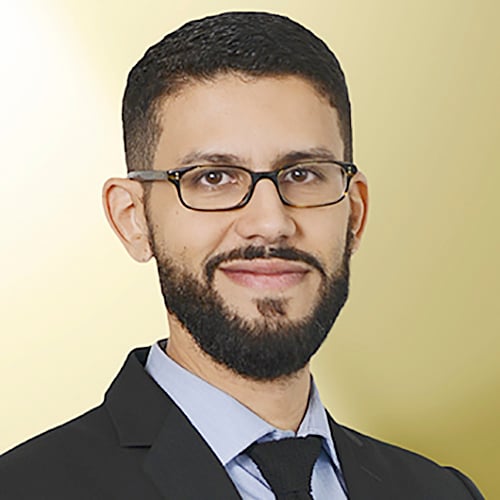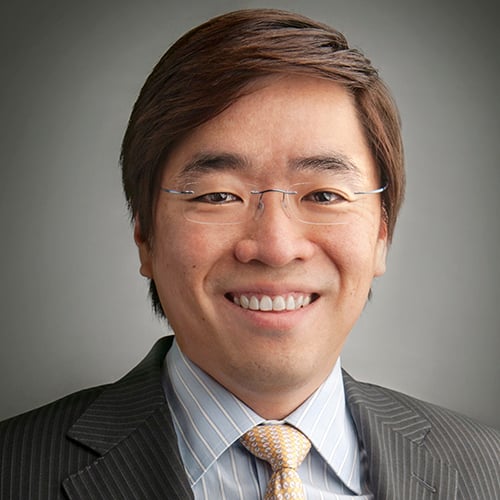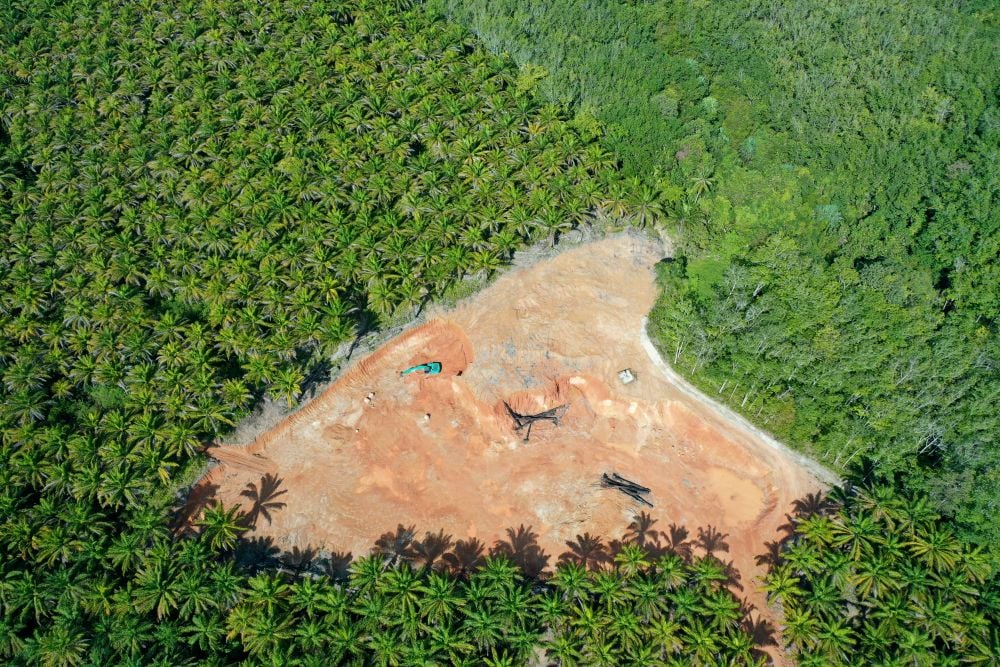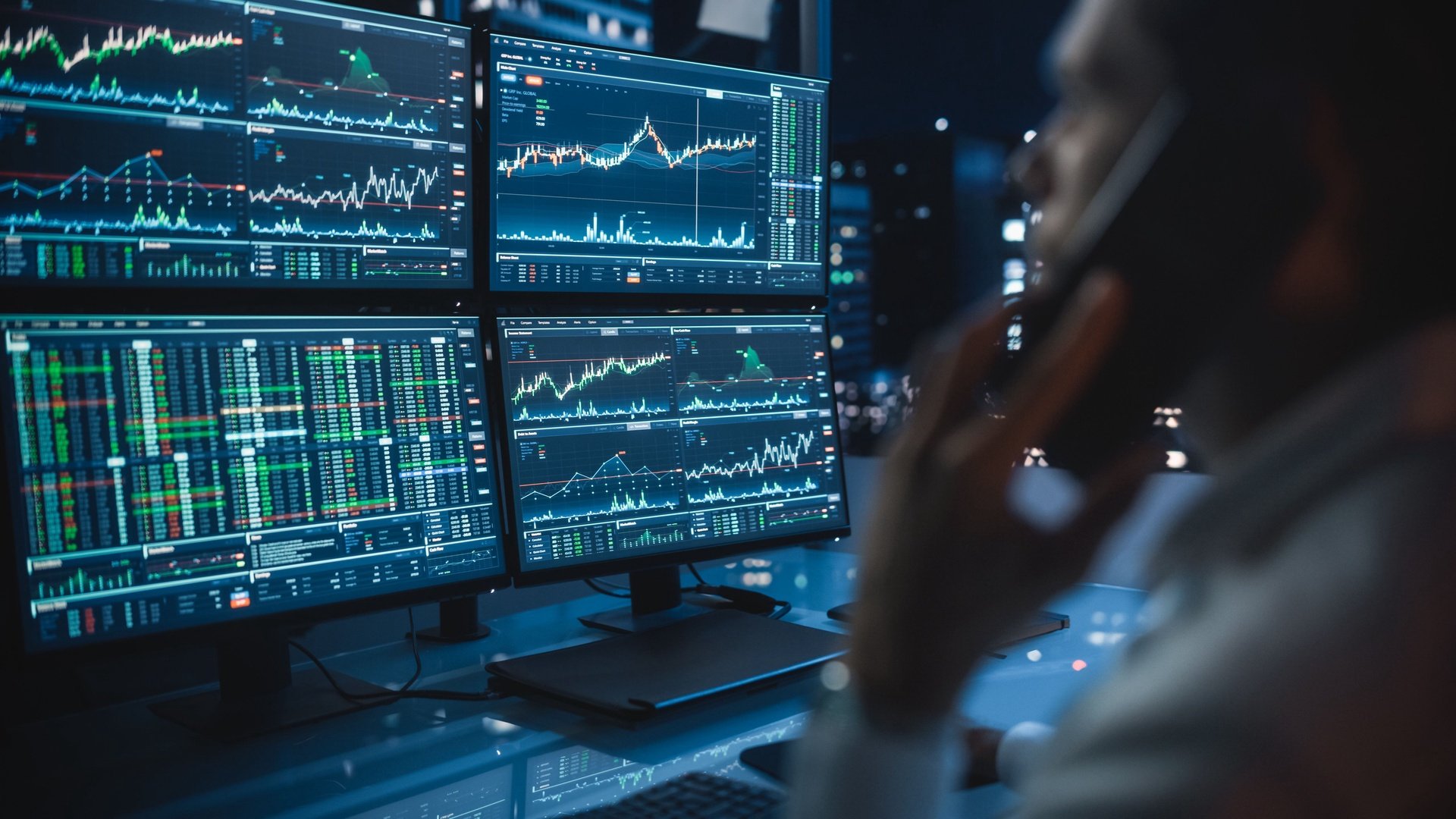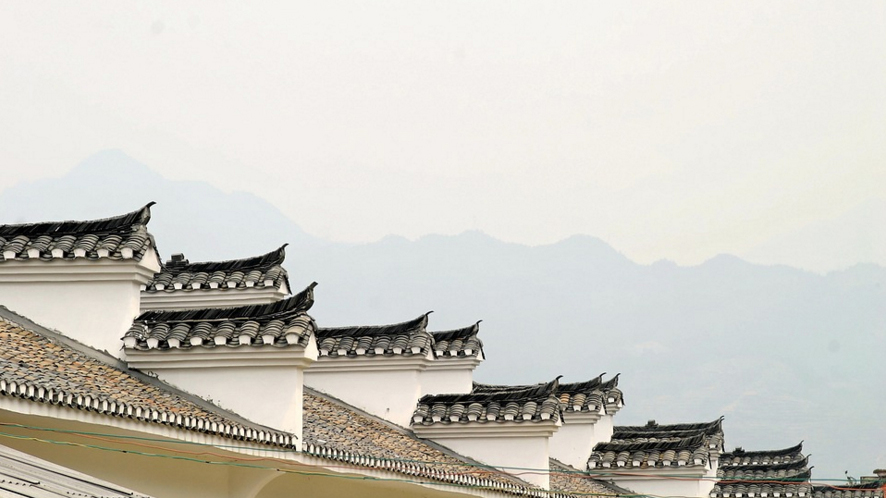
Barings: focus on quality stocks not China macro woes
This year is a stock picker’s market, according to Barings Asset Management.
“Essentially, the markets that we’re in now, whether it’s Asia or China, are difficult markets. There are a lot of macroeconomic factors – fear or sentiment-driven movement that are in the market. A lot of the news are negative so the macro is not a tailwind. It is not going to be an easy year and there are many uncertainties,” says Wilfred Sit, chief investment officer, Asia at Barings.
Sit says it is important for investors and asset managers to focus on the right stocks and not drive the investment strategy based on macro factors.
“There are just too many variables out there for one to figure out what is going on. Our investment philosophy has always been focused on stock picking, but this year it is even more important,” Sit says.
Like other asset managers, Barings is always seeking ways to enhance their stock-picking methodology, particularly in unpredictable markets where there are a lot of moving parts.
For 2016, it will focus on picking “quality and growth stocks at reasonable prices.”
Sit explains that the macro environment this year is not pro-growth. That means the underlying stocks in a portfolio that are capable of delivering sustainable growth will trade at a premium to the market.
They will be more expensive compared to the rest of the market. On the other hand, stocks that depend on a pro-growth macroeconomic environment for performance will be cheap.
“We already saw this premium last year, but this year the premium is going to widen. There will be a lot of stocks that look cheap, but they will remain cheap because they have to rely on the improvement in the macro environment like some of those very cyclical names in commodities, shipping, materials, metals, etc. That’s why we consider these stocks as low quality because they are very cyclical. Their earnings are very volatile,” Sit explains.
Barings believes that reasonably-priced quality growth stocks are what investors want.
“Quality stocks mean the companies have good management and a good business model that can help them weather difficult economic situations. Because they are high quality, they are able to deliver more consistent and sustainable earnings and their share prices are likely to be less volatile or affected by the crazy movements of the market,” Sits says.
In addition, Barings is also picking quality stocks that have the potential to grow even under difficult markets.
“We don’t want just quality, we want growth as well. The quality stocks may underperform in certain periods but if they have growth it will be factored into their share price because they have the earnings. If you buy companies that are purely best quality but they don’t have much growth, they could potentially underperform for long periods,” Sit says.
Barings’ flagship Asia Growth Fund with US$86.3 million in assets under management as of November 2015 currently invests in high quality growth shares that Sit admits look relatively expensive particularly in a falling market.
However, these are stocks of companies with excellent track record and belong to very promising sectors, particularly information technology, financials, industrial and consumer discretionary.
DeAWM: tactical investing and fundamentals
For Sean Taylor, chief investment officer, APAC at Deutsche Asset & Wealth Management (DeAWM), the current state of the global markets requires investors to be more tactical and fundamentally-driven in order to generate returns.
“It’s not a buy-and-hold year. It’s going to be a year when we have to be specific on individual credits, individual equities, individual currencies. The volatility is increasing, so we have to be a bit more tactical,” Taylor says.
For DeAWM, tactical investing means using market sell-offs and technical bounces to take profit and strengthen their portfolio particularly in the China market, which has been hit by extreme volatility since August 2015.
“With our funds, there are stocks that have good earnings, have good dividends and are in the right sectors. We’ve been using the sell-offs where we don’t think there’s a change in the fundamentals to the earnings base and we’ve been moving away from the areas where we know the fundamentals are deteriorating. That’s what we’ve been doing in China,” Taylor says.
DeAWM took profits in China in April-May 2015 in anticipation of a market crash that happened in August. According to Taylor, at present there is no real reason for foreign investors to buy into the A share (domestic China) market unless they cannot access the stocks they want in the H-share (Hong Kong) market.
“Unless it’s a sector like healthcare where you don’t get exposure, you’re much better off buying H-shares. Also you have better corporate governance in H-shares,” Taylor says.
For investors who really want to invest in China, it is recommended that they buy mainland companies that will benefit from government policies through A-share proxies in the H-share market.
“If we get some really positive news, it can cause a sharp rally in the A-shares. To benefit from it you can buy A-share proxies in the H-share market,” Taylor says.
In the global markets, the increasing volatility and shorter investment cycles are making it harder for investors to differentiate between asset classes.
“We have to make sure to use the multi-asset range and rotate between asset classes. It is a year for really understanding fundamentals, using sell-offs and rises in markets to be more tactical and being brave on timing,” Taylor says.
In terms of economic growth, DeAWM forecasts slow but steady growth for the US at 2.5%, the Euro-zone at 1.6% and Japan at 1.2%. China is expected to grow at 6%, the lowest forecast so far by the asset management firm.
“We forecast a 6% GDP growth (for China) which is the lowest in the street. The move from an investment to a domestic-driven economy is accelerating but there is not enough reforms,” Taylor says.
For global equities, Taylor says DeAWM prefers developed markets particularly the US and Europe compared to emerging markets with a focus on healthcare, information technology, consumer durables, and financials. However, the earnings and valuation of companies in these markets might offer modest return potential.
For global fixed income, DeAWM favours investment grade credit particularly those falling between credit ratings of single-A and triple-B which Taylors says is the “sweet spot”. This would include euro-denominated investment grade credit and euro-denominated emerging market credit.
“At Deutsche Asset Management, we are one of the biggest European houses, we have a lot of money in bonds and we are faced with negative returns. In the sovereign bond market we prefer periphery to core. In the credit markets, we are worried about the very high yields in the US because of the oil market,” Taylor says.
Allianz Global Investors: in search of income growth
For Allianz Global Investors, proactive investing means allocating resources among asset classes that will generate steady returns.
“Bear markets spend more time going up than down, but when they fall they fall quickly,” says Neil Dwane, global strategist for AllianzGI.
“It is important that investors maintain the asset allocation that serves their individual circumstances best, relying on active managers to navigate these volatile times,” he adds. In the current market environment, Dwane believes that active managers have an advantage because they encounter less constraints than passive managers and are able to find opportunities all over the world, across traditional and alternative asset classes and through the use of a range of strategies.
To highlight the strategy, Dwane emphasizes on the word “act” in active management.
- "A" stands for agility that allows asset allocators opportunities to buy on weakness into attractive investments;
- "C" is for confidence in the investment process of managers to add alpha over the long-term, again, compensating for the volatility; and
- "T" for thoroughness in the work and analysis that have been done to find the right investment that deliver the right risk-adjusted returns.
Dwane explains that with central banks now active players in the markets, rather than referees, investors and asset managers should expect more verbal intervention from central bank authorities to calm markets.
“The PBOC is already active on a daily basis. The European Central Bank (ECB) continues to threaten more if required, and the Fed can offer more credit lines to other central banks, easing the US dollar shortage. The bear may be here, but policy will be used to fight him longer term. Investors seeking strong risk-adjusted returns are being presented with opportunities to do so provided they are ‘active’,” Dwane says.
To illustrate, AllianzGI is very constructive on European and Asian high-yielding equities because there’s a good combination of sub-earnings growth and a very high dividend yield in these stocks.
AllianzGI is also contrarian in the US high yield equities space amid deep selloffs ahead of moves by the US Federal Reserve to raise interest rates and also “due to worries over the contamination from the energy and the mining sectors.”
For fixed income, Allianz is looking at Asian debt markets particularly those denominated in the US dollar.
“So the income story for us is very clear. Investors around the world, depending on whether you are a US dollar investor or European investor, there are avenues where you can earn a return that we think is sustainable and quite attractive,” Dwane says.
In terms of risk-taking to generate higher returns, AllianzGi prefers equities in Europe, Japan, Asia, and the US – and in that order.
“We feel the US is the most stretched in terms of its valuation and I think inside the dynamics of the US, the concentration of performance is into smaller number of names. We don’t see that as a healthy sign for the level of the market,” Dwane says.
On the other hand, the strengthening US dollar is expected to be a tailwind for the Japanese yen and other currencies as it promises to be positive for equity earnings of companies who do business in these currencies in the medium term.
Dwane, however, warns that he expects more market volatility in the coming months. Investors should be prepared.
“We believe very strongly that if you are not prepared to ride this volatility and you sell now chances are you’ll be buying it back (at prices) 10% higher. You would have simply wasted your money. You’ve got to look through the volatility,” Dwane says.
Many equity markets are now in bear market territory and 2016 has started much more poorly than investors have expected.
“With equities, the health of the market has long been discussed as we find that market volumes are masking the painful effects of fragmentation with nearly half of all volumes being algorithmic,” he says.


